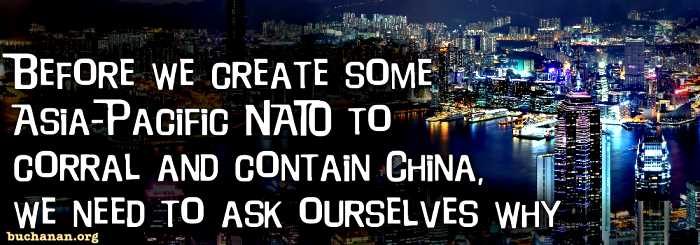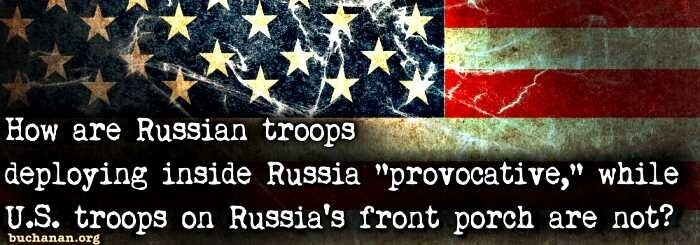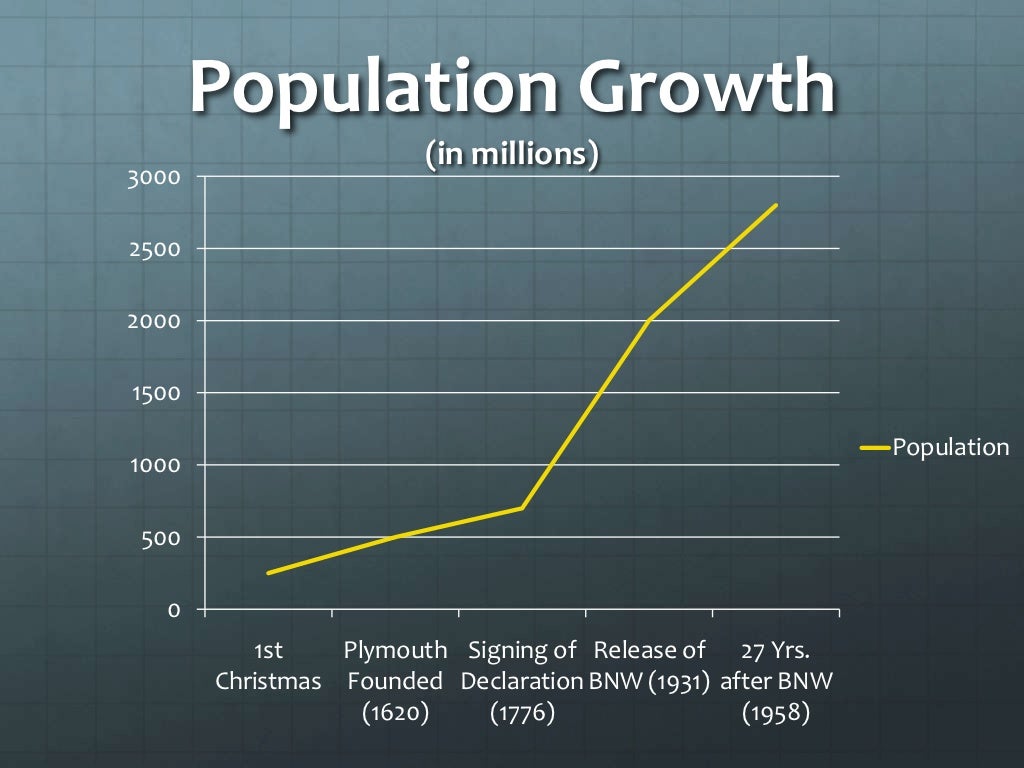Guest Post by Patrick L. Smith
We are making mayhem in Russia, and reality is almost the opposite of what is being described in the press

Barack Obama, Vladimir Putin (Credit: AP/Evan Vucci)
I cannot be the only one to note the remarkable sequence of events in the Obama White House last week. It tells us all we need to know—for now, anyway—about what Washington is up to as it puts Russia in an illegal police chokehold. This will end neither soon nor well.
On Wednesday the president announced his out-of-nowhere move to lift sanctions against Cuba and reestablish diplomatic ties. I cannot be the only one to do this, either: I wept. Half a century of suffering pointlessly inflicted on a humane and very brave people will now come to an end.
On Thursday Obama signed HR 5859, the Ukraine Freedom Support Act, into law. One is always suspicious of bills with Boy Scouty names like this, and one is always justified: Obama just gave himself permission to inflict pointless suffering on the humane and very brave Russian people more or less arbitrarily and indefinitely. And in all our names, the Pentagon will now arm Ukraine with lethal weapons. Funny, the $350 million committed as an opener just about matches what Truman gave the Greek monarchists in 1947, so commencing the Cold War.
Let us end the Cold War 90 miles off our coast and far too late. Let us prosecute it full bore against Russia and along its borders, far too irrationally and nostalgically. I find one key to Washington’s reasoning, if this is the word, on Russia in this contradiction, because it is apparent, not real.
“It is clear that decades of U.S. isolation of Cuba have failed to accomplish our enduring objective of promoting the emergence of a democratic, prosperous and stable Cuba,” Obama said Wednesday. “We cannot keep doing the same thing and expect a different result. It does not serve America’s interests, or the Cuban people, to try to push Cuba toward collapse.”
With this statement a president who has consistently betrayed principle and common decency in deploying American power abroad went some way to redeeming himself in my household. Egypt, Syria, endless indulgence of Israel, the fight with China over the Pacific sphere of influence, those aggressively corporate trade deals Washington wants to impose across both oceans—and now the opening to Cuba: This guy has the lumpiest foreign policy record of any president I can recall, but he bested 10 predecessors when he reached his hand across the water to Havana.
So went our 44th president’s 24 hours in the sun.
advertisement
The Ukraine bill, a straight-ahead cave to unreconstructed cold warriors on Capitol Hill, ranks among Obama’s most craven and cowardly foreign policy decisions. Sanctions are pointless on Wednesday, but let us provide for more of them on Thursday because the Russophobes, blunt instruments all, require them.
The Russian press wants to think Obama signed the Ukraine bill reluctantly. I want to think the Cuba move was an expression of who the man buried in America’s version of the deep state truly is. Maybe we are both right. But the Russian press and I have to get off the question of obscured intent. In the end this is a distraction.
Obama’s State Department and Treasury are not stocked with end-of-history neoliberals by coincidence or some kind of carryover from the Bush II years. They are staffed as they are because Obama subscribes as avidly as any of them to the neoliberal agenda.
Obama last week on normalizing with Cuba and “our enduring objective”: “The Cuban regime still represses its people. This chips away at this hermetically sealed society, and I believe offers the best prospect, then, of leading to greater freedom, greater self-determination on the part of the Cuban people.”
Obama last week on more sanctions against Russia: “As I have said many times, our goal is to promote a diplomatic solution that provides a lasting resolution to the conflict and helps to promote growth and stability in Ukraine and regionally, including in Russia.”
I celebrate the Cuba opening: Triumphantly right for the wrong reason. I join a swelling number of Europeans in condemning Obama’s new provision for extending sanctions against Russia: It is abjectly wrong for the same wrong reason. Tactics are all that is at issue. Strategy remains constant.
There is no reason whatever to expect the Cuban leadership to change in consequence of normalization. I stand with Sen. Marco Rubio and the rest of the Castrophobes on this point.
I depart on a dime from conservatives beyond this. In the Cuban case, the Russian case and all others, the ambition to inspire “regime change”—the single most self-deluding of all our euphemisms, in my view—is an intrusion without justification.
Fidel Castro must have taken up “Take Me as I Am or Let Me Go” as soon as the great Ray Price wrote it in 1967. Castro stayed the course and built one of the world’s most socially just societies—this by the U.N.’s reckoning, not merely mine. One hopes Raúl and his successors keep singing, for Rubio and the conservatives are right on this point, too: In a half-century war of attrition with inappropriate American objectives, Cuba has just won. We are all better off.
And so we will be if the same outcome emerges in Washington’s confrontation with Russia. Conveniently, the Cuban opening gives us just the lens through which to view the Russian question as a very destructive year draws to a close. No, Russian society is not remotely comparable to Cuba’s. This is for Russians to think about, as I have argued previously, and changes nothing for the rest of us.
Read the transcript of Vladimir Putin’s press conference last week, an annual affair with none of the phony staging and screened questions American leaders require. It is here. “We are protecting our independence, our sovereignty and our right to exist,” the Russian leader said among much else. Think about this. It is not the remark of a man who plans to go anywhere soon.
Think about it again while looking back on the year now ending. Then ask: How did it come to this? Why would a Russian leader be moved to say this?
The American press did all it could to caricature Putin’s exchange with journalists. My favorite among the strivers was BusinessWeek, for which … magazine, I suppose we have to call it, Putin’s press conference was “surreal,” “extremely long and very weird.” Read the piece here. The juvenile vocabulary is for a purpose. Surreal, weird press conferences do not have to be considered, to say nothing of understood. The above questions do not have to be asked. Asking them would be a very bad thing. So would understanding.
It is a long way down the hill from last December, when the Independence Square protests in Kiev were gaining momentum. Washington was meddling, as was soon exposed, but Putin continued simply to watch as his ally in the presidential palace, Viktor Yanukovych, got deeper and deeper into trouble.
Then the crypto-Nazis and devotees of violence turned popular, vital, justified demonstrations into an unjustified coup. That changed everything, of course, and the rest is our very recent history. Americans do not like history because it is too revealing of events as they are, and it is hence left out of American coverage of Ukraine from the moment I describe onward until now. But it is there, as paying-attention people know.
As it happens, a growing number of Europeans now count among what Germans call Putin Versteher, “Putin understanders.” A Financial Times columnist explains the phenomenon here, though about as well as BusinessWeek explained Putin’s presser last week. Gerhard Schröder, the Social Democratic chancellor from 1998 to 2005, is a noted understander. So are a lot of left parliamentarians, a lot of German business executives, and a lot of Europeans other than Germans. Very mixed bag.
The simplest way to explain the understanders’ view is to say these are people with a grasp of history—recent history, Cold War history, and, the best of them, history going back to the West’s response to the 1917 revolution. When Putin asserts that Russia’s sovereignty and “right to exist” are at stake, they are capable of acknowledging what he means.
A grasp of history and, in the case of the business people, a queasy-making grasp of just how destructive sanctions—as they are, never mind new ones—are already beginning to prove outside of Russia as well as in it. Europe today has little of the stamina it had in 2008 to withstand financial and economic contagion. And here comes the contagion, like a westward wind off the Russian steppes.
Currency markets in Russia’s neighbors are already in chaos. Every day you read—not in the American press, of course—of devaluations against the euro, new foreign exchange controls, forex markets closing altogether. Here is a telling detail: Last week the Swiss cut interest rates to less than zero—you pay to deposit funds—so as to head off a rush of weak-currency holders into the franc.
Mayhem in the making, and eerily like the Asian financial crisis of 1997-98, as mentioned in this space a couple of weeks back.
Among European leaders, something like a revolt against the American sanctions regime appears to be coalescing. At gatherings in Brussels last week, Matteo Renzi, the Italian prime minister, French President François Hollande and the Danish foreign minister, Martin Lidegaard, all said in different ways, “Enough with the sanctions already.” Renzi said it best: “Absolutely no to more sanctions.”
In view of the damage already being wrought, and with more on the way in the year to come, there is a “why” question attaching to the Ukraine crisis and the West’s American-led policy toward Russia. What is all this for, exactly? Answer this and we will answer a lot for ourselves.
My answer begins here. It is time we Americans understand exactly what is meant when our leaders use the word “freedom.” It is supposed to designate one of those values none of us would think of assailing. Let us assail it.
Freedom for most English-speakers may bear its obvious meaning, but in truth it bears many. Freedom to do what? The limits of which are what? Whose freedom?
Amartya Sen, the Harvard Nobelist in economics, wrote a great book some years ago called “Development as Freedom.” For him, freedom means a society wherein one is safe from poverty, where education, health care, sewage and what we call “public goods” are available, where there is authentic opportunity to realize oneself and where one can work with the expectation of earning a decent living. Absent these, there is—one of Sen’s great coinages—“unfreedom.”
Freedom in the American dialect, at least as almost all our leaders use the term, means something rather different. This is freedom for private enterprise and it is more or less full stop there. My coinage would be this: In the official American meaning, we mean neoliberal freedom, which is to say, freedom for corporations. Look out the window if you are at all confused or doubtful.
As a useful aside, we ought to think about this when we hear American leaders talk about repression and the absence of freedom in Cuba. Who is repressed and unfree—teenagers of African descent, as in America, or spooks, adventurers, saboteurs and Batista nostalgists, as America has urged these on for 50 years? Which sort of repression is justified and which to be condemned?
It is the banner of neoliberal freedom Vicky Nuland, Vice President Biden, CIA Director John Brennan and all others bear when they travel to Ukraine. Arsenyi Yatsenyuk, the prime minister in Kiev, bears it. That is why he is popular in Washington. So does Petro Poroshenko, the candy-bar billionaire turned president. Ditto his popularity on these shores.
N. B.: None of these people has anything to say about democracy or the attributes of Sen’s notion of freedom, do they? They speak incessantly of “reforms.” Reform is part of the neoliberal lexicon, another code word, like freedom. We will see this banner unfurl in the course of the year to come.
As a curtain-raiser, consider Yatsenyuk’s recent presentation in parliament, as outlined and analyzed here. Were I an ordinary Ukrainian, I would find the robotic inhumanity of Yatsenyuk’s list if reforms absolutely frightening. No wonder so many seek refuge in Russia.
As noted in earlier columns, I have been engaged in a lively exchange lately on the topics of Ukraine and Russia with good sources in the global energy and commodities markets. In specific answer to the why question, I can do no better than reproduce part of a long note that arrived a couple of days ago from Europe. The South Stream this source mentions is the gas pipeline Russia just canceled in response to deteriorating relations with Europe:
…. Also, what is at stake is the W. European gas market. In the daily froth of the media, Asia is seen as the big prize of America’s natural gas producers…. But in the industry, fewer and fewer people are seeing it that way. The terminal market for America’s shale gas will not be Asia, but Europe…. And to grab that market, the South Stream has to be stopped, and a big wedge driven between Russia and W. Europe…. That is where the strategy in support of the regime which has grabbed power in Kleptokrainia fits in….
More and more evidently, it is to American energy interests that we have to look to find the specifics of the why question. If the object is to disrupt ties between Russia and its westward neighbors—a forlorn project, in my view—it explains why Washington pops up with more sanctions or the threat of them, as with Obama’s new bill, so often when there seems to be a break in the clouds. I have found this weird over the months but do not any longer.
To me the question of Russia and the West comes down to one thing: It is bound to become messier in the year to come because a mess, in effect, appears to be exactly what Washington wants. One of two relationships will suffer a critical breach: Europe’s with Russia or Washington’s with Europe. I dearly hope it is the latter and think there is a good chance it will be.
Patrick Smith is the author of “Time No Longer: Americans After the American Century.” He was the International Herald Tribune’s bureau chief in Hong Kong and then Tokyo from 1985 to 1992. During this time he also wrote “Letter from Tokyo” for the New Yorker. He is the author of four previous books and has contributed frequently to the New York Times, the Nation, the Washington Quarterly, and other publications. Follow him on Twitter, @thefloutist.













